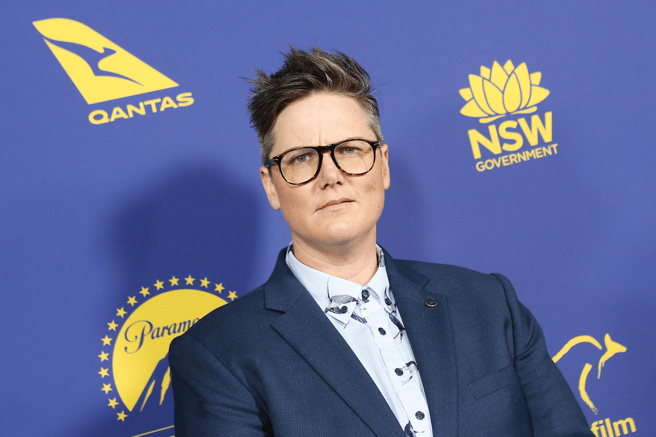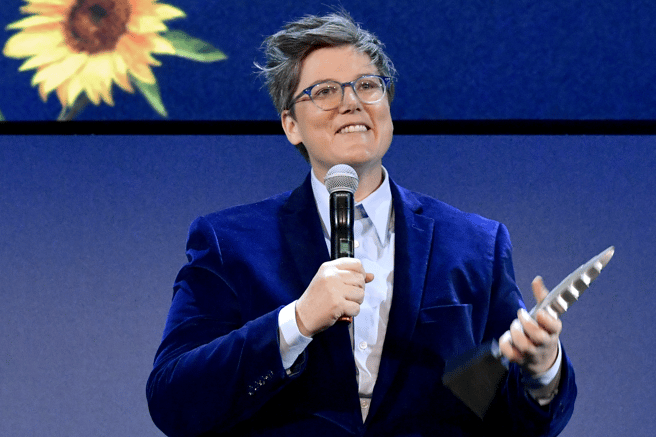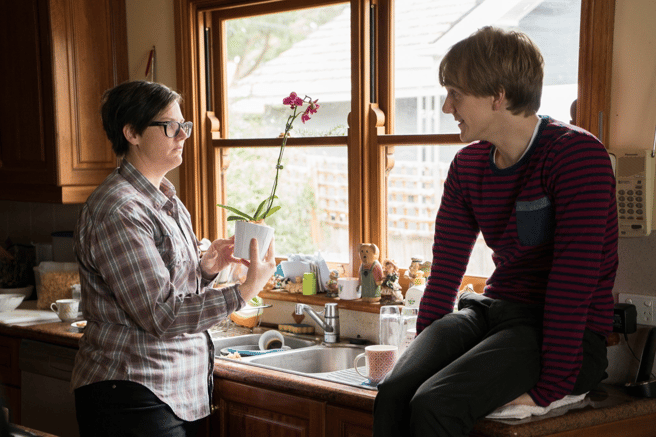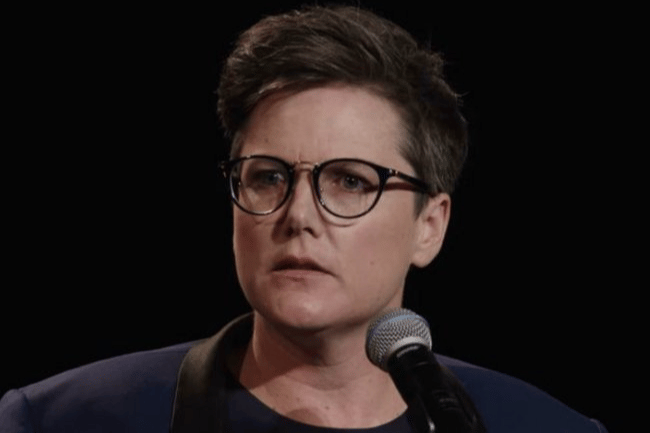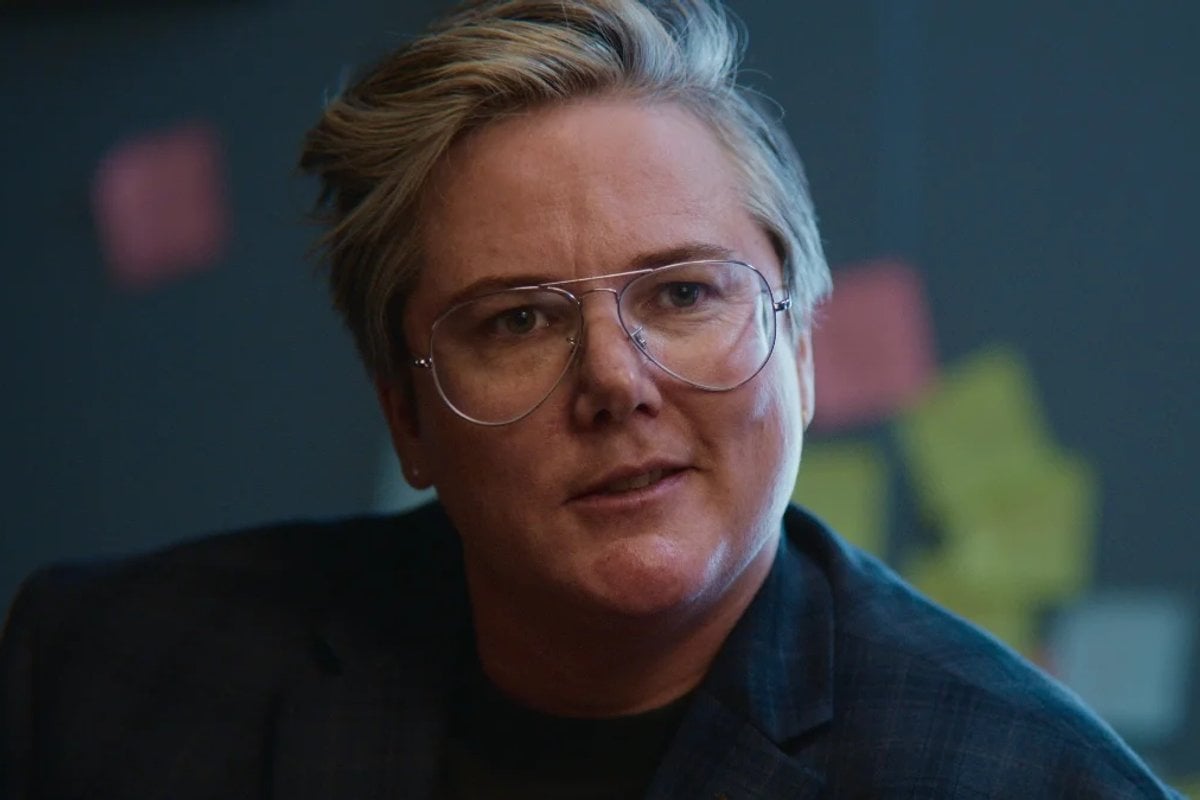
Hannah Gadsby discovered she was funny almost by accident.
She would say something, and people would laugh. She didn't understand why, at first, but after figuring it out, it became the go-to socialising tactic of young Gadsby.
"I learned [humour] as a deflection method," the 42-year-old said in an interview with ABC's Conversations on her experience at school.
The trailer for Gadsby's latest Netflix special, Douglas. Post continues below video.
"Often I'd say things and people would laugh and I'd have to work out why it was funny. And once I'd done that, I'd do it again. That was a way of showing people I was participating, but I wasn't. I worked it out as a way of being involved without being involved."
Of course, now the world knows Gadsby is funny.
But her journey from a child not sure of her place in the world, to a stand up comedian with two Netflix specials under her belt, has been far from an easy, linear one.
Gadsby grew up in Smithton, a small town on the remote north-west coast of Tasmania, as the youngest of five children.
Home life was a little chaotic, "because you know, five kids", but wonderful.

